
Valga: The Twin City on the Border
Valga is a charming city located on the southern border of Estonia, sharing its twin city, Valka, with Latvia. This unique positioning makes Valga a fascinating destination for tourists interested in experiencing two cultures in one trip. The city boasts a rich history, dating back to medieval times, and is known for its well-preserved historical architecture and beautiful natural surroundings. A stroll through Valga's streets will reveal a blend of Estonian and Latvian influences, from the local cuisine to the bilingual signage. The Valga Museum is a must-visit, offering insights into the region's past and showcasing artifacts that tell the story of this border town. For those interested in military history, the nearby Valga Militaarteemapark provides an impressive collection of military vehicles and equipment. Nature enthusiasts will enjoy the scenic landscapes surrounding Valga. Hiking and cycling trails, such as the popular Valga-Valka Twin Town Trail, offer a chance to explore the lush forests and picturesque lakes. The Pedeli River, which flows through the city, is a perfect spot for a relaxing afternoon of canoeing or picnicking. Valga's strategic location makes it an excellent base for exploring both Estonia and Latvia. With easy access to public transport, visitors can take day trips to nearby attractions, including the historic city of Tartu in Estonia and the charming town of Cēsis in Latvia. Whether you're a history buff, a nature lover, or simply looking to experience a unique cultural blend, Valga has something for everyone.
Local tips in Valga
- Visit both Valga and Valka to fully experience the unique cultural blend.
- Check out the Valga Museum for a deep dive into the city's history.
- Explore the Valga-Valka Twin Town Trail for scenic views and outdoor activities.
- Use public transport to take day trips to nearby cities like Tartu and Cēsis.
- Try local Estonian and Latvian dishes at the many cafes and restaurants.
Valga: The Twin City on the Border
Valga is a charming city located on the southern border of Estonia, sharing its twin city, Valka, with Latvia. This unique positioning makes Valga a fascinating destination for tourists interested in experiencing two cultures in one trip. The city boasts a rich history, dating back to medieval times, and is known for its well-preserved historical architecture and beautiful natural surroundings. A stroll through Valga's streets will reveal a blend of Estonian and Latvian influences, from the local cuisine to the bilingual signage. The Valga Museum is a must-visit, offering insights into the region's past and showcasing artifacts that tell the story of this border town. For those interested in military history, the nearby Valga Militaarteemapark provides an impressive collection of military vehicles and equipment. Nature enthusiasts will enjoy the scenic landscapes surrounding Valga. Hiking and cycling trails, such as the popular Valga-Valka Twin Town Trail, offer a chance to explore the lush forests and picturesque lakes. The Pedeli River, which flows through the city, is a perfect spot for a relaxing afternoon of canoeing or picnicking. Valga's strategic location makes it an excellent base for exploring both Estonia and Latvia. With easy access to public transport, visitors can take day trips to nearby attractions, including the historic city of Tartu in Estonia and the charming town of Cēsis in Latvia. Whether you're a history buff, a nature lover, or simply looking to experience a unique cultural blend, Valga has something for everyone.
When is the best time to go to Valga?
Iconic landmarks you can’t miss
Sangaste Castle
Discover the enchanting Sangaste Castle in Valga County, Estonia, where history, architecture, and nature come together for an unforgettable experience.
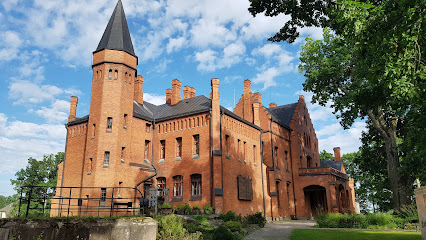
Helme caves
Discover the captivating beauty and history of Helme Caves in Valga County, Estonia, a must-visit destination for nature and adventure lovers.
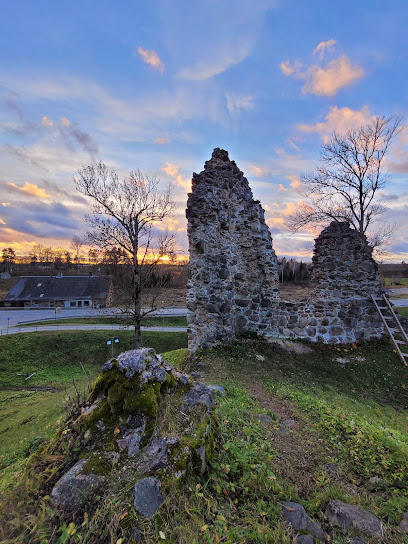
Valga sõjamuuseum
Delve into Estonia's military heritage at the Valga War Museum, where history comes alive through engaging exhibits and rich storytelling.
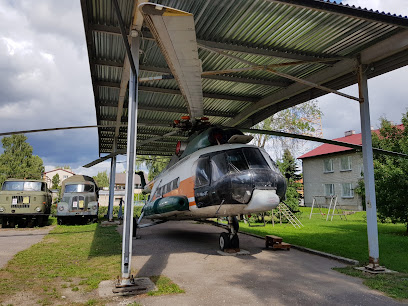
Tammi baar
Tammi Baar in Valga: Experience the warmth of a local bar with affordable drinks, live music, and a cozy atmosphere that invites you to linger.
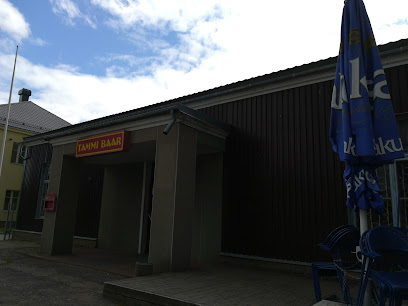
Pedeli recreation
Explore the captivating hiking trails and natural beauty of Pedeli Recreation in Valga County, Estonia, a perfect getaway for nature lovers.
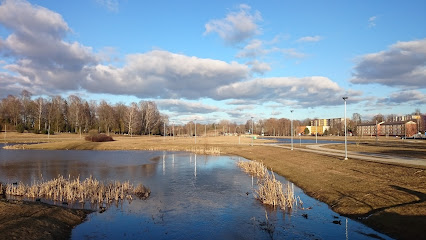
conspirator OÜ
Experience the vibrant atmosphere of Conspirator OÜ, Valga's charming bar featuring affordable drinks and a welcoming ambiance.
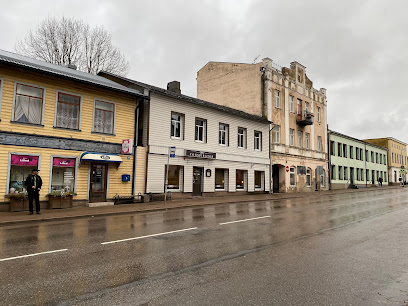
Metsis hotell
Experience the perfect blend of comfort and local charm at Metsis Hotel, Valga - your ideal base for exploring Estonia.
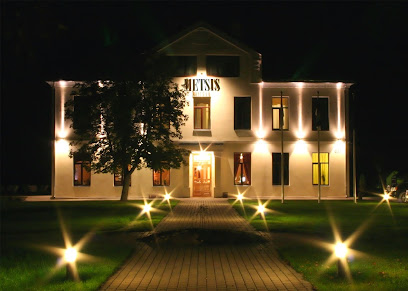
Harimäe vaatetorn
Discover breathtaking panoramas and the serene beauty of Valga County at Harimäe Observation Tower, a must-visit destination for nature lovers.
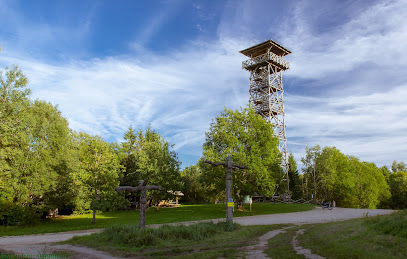
Barclay de Tolly Mausoleum
Explore the rich history of Estonia at the Barclay de Tolly Mausoleum, a serene museum and tourist attraction in Valga County.
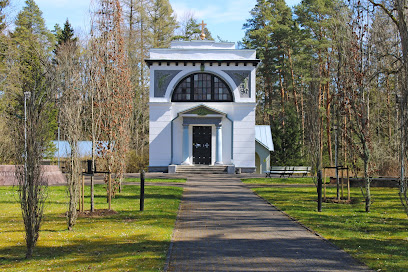
Valga Museum
Explore the captivating history and culture of Valga County at Valga Museum, a must-visit for every tourist seeking local heritage.
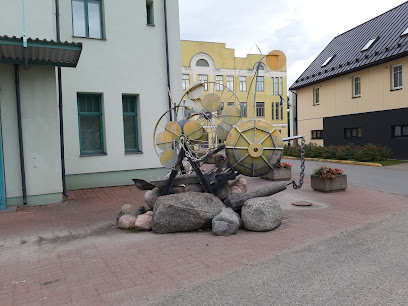
St.John's Church
Explore the beauty and history of St. John's Church in Valga, Estonia - a must-visit destination for architecture and culture enthusiasts.
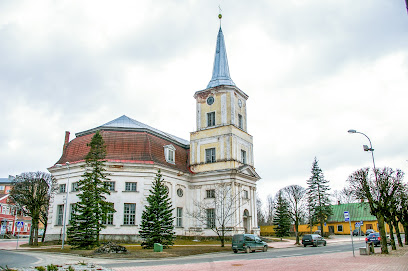
Säde park
Experience the tranquility of Säde Park in Valga, Estonia, a perfect spot for relaxation, outdoor activities, and embracing nature's beauty.
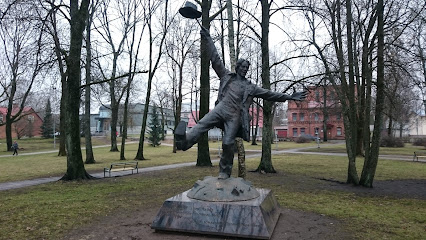
Memorial to the War of Independence
Discover the Memorial to the War of Independence in Valga, a profound tribute to Estonia's fight for freedom and a must-visit for history enthusiasts.
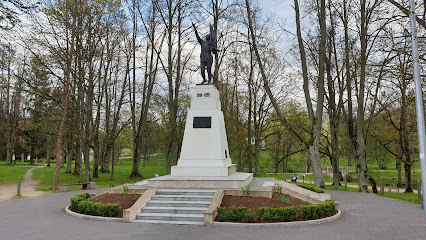
Helge Guest House
Discover the charm of Estonian countryside at Helge Guest House, your cozy retreat in Valga County, offering comfort and warm hospitality.
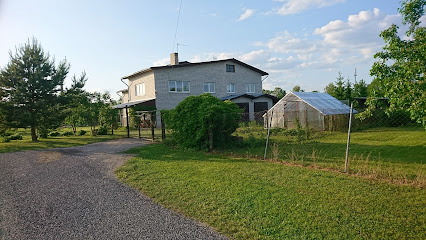
Valga Town Hall
Explore the historic Valga Town Hall, a neoclassical gem and cultural hub in the heart of Valga, showcasing the town's rich heritage and vibrant community.
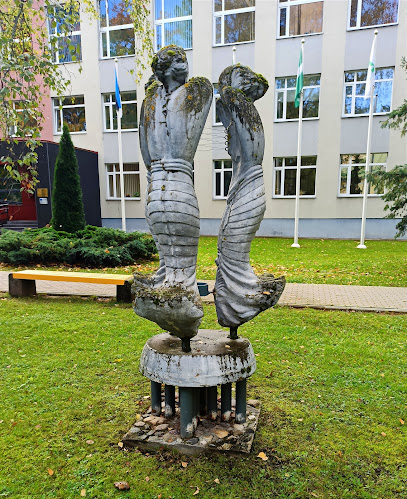
Unmissable attractions to see
Sangaste Castle
Discover the enchanting Sangaste Castle in Valga County, Estonia, a neo-Gothic masterpiece steeped in history and surrounded by breathtaking gardens.
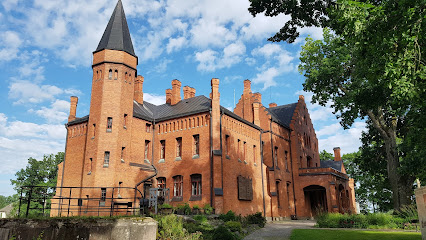
Helme caves
Explore the enchanting Helme Caves in Valga County, Estonia, a natural wonder filled with stunning limestone formations and rich geological history.
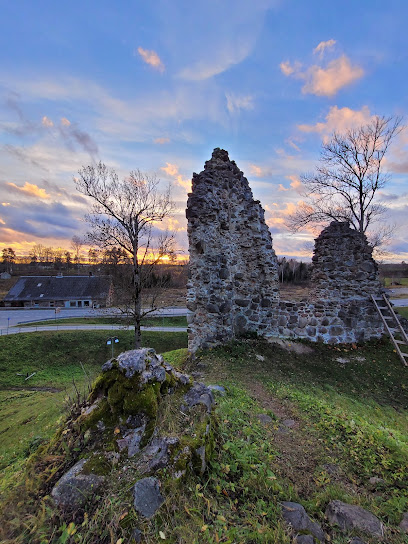
Valga sõjamuuseum
Discover Estonia's military history at Valga Sõjamuuseum, where artifacts and interactive exhibits bring the past to life for all ages.
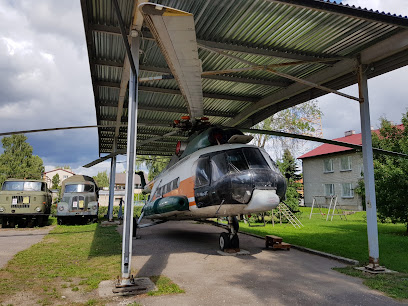
Pedeli recreation
Explore the breathtaking trails of Pedeli Recreation Area in Valga County, an outdoor paradise for hikers and nature lovers seeking tranquility and adventure.
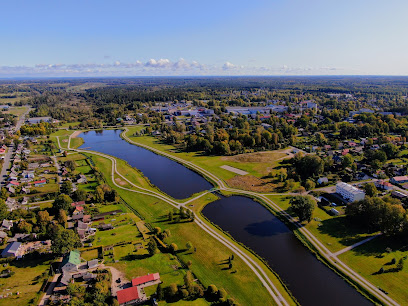
Harimäe vaatetorn
Experience stunning panoramic views at the Harimäe Observation Tower in Valga County, a must-visit for nature lovers and photographers alike.
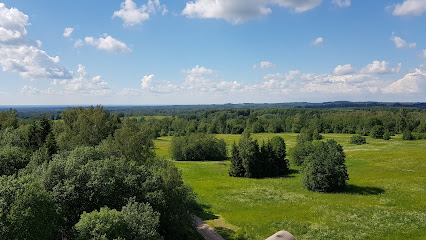
Barclay de Tolly Mausoleum
Discover the rich history and architectural beauty of the Barclay de Tolly Mausoleum in scenic Jõgeveste, a tribute to Estonia's military heritage.
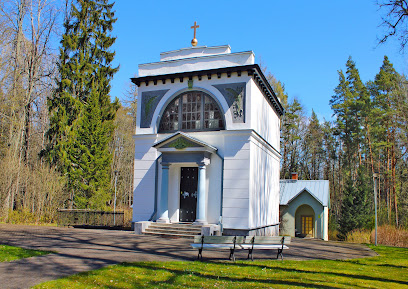
Valga Museum
Explore Valga Museum: A Cultural Journey Through the Heart of Valga County's History and Heritage.
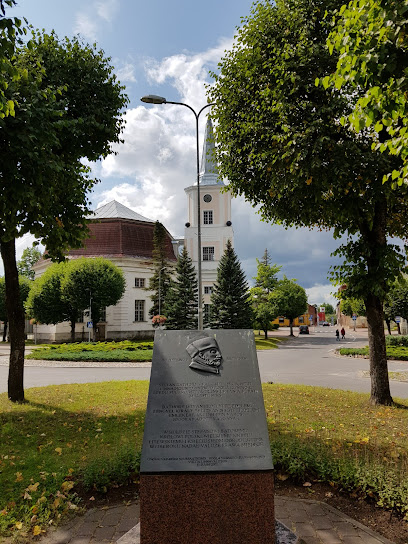
St.John's Church
Discover the architectural beauty and serene atmosphere of St. John's Church, a must-visit Lutheran landmark in Valga, Estonia.
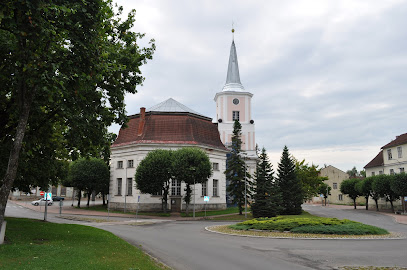
Säde park
Discover the serene beauty of Säde Park in Valga, where lush landscapes and tranquil pathways create an ideal escape for nature lovers and families.
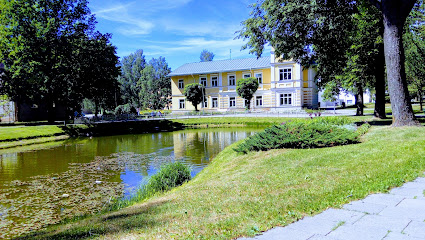
Valka Local History Museum
Uncover the intriguing past of Valka at the Local History Museum, where culture and heritage converge in a captivating experience.
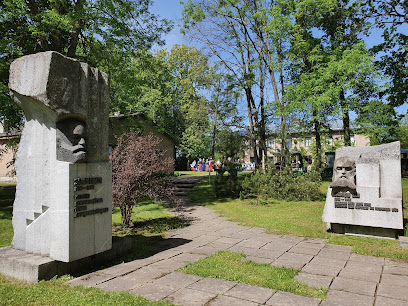
Sangaste Mõisa Ringtall
Discover the enchanting Sangaste Mõisa Ringtall, a historic venue in Valga County offering events, family fun, and a taste of Estonian culture.
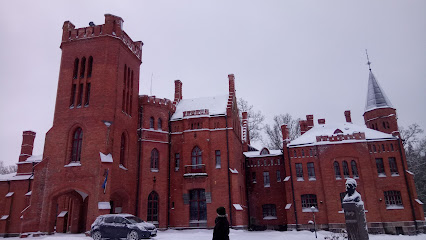
Jaanikese Motocenter
Discover Jaanikese Motocenter, an exhilarating motorsport haven in Valga County, perfect for adrenaline seekers and adventure lovers visiting Estonia.
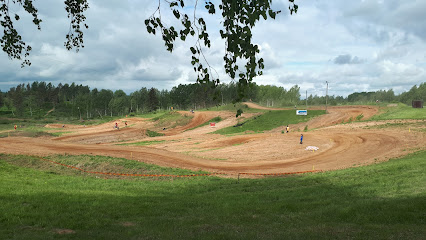
Nakatu turismitalu
Discover the serene beauty of Nakatu Turismitalu in Valga County, where authentic Estonian farm life meets peaceful rural escapes.
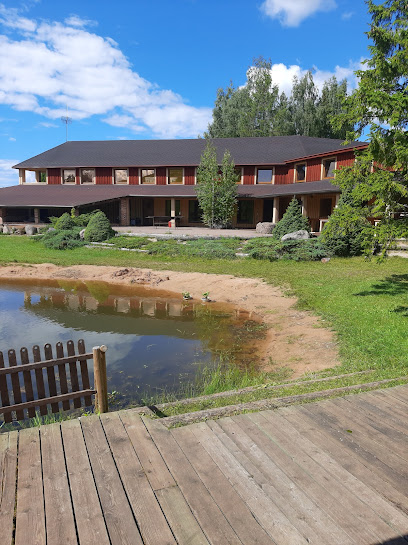
Valka Open-Air Stage
Experience the enchanting performances at Valka Open-Air Stage, a vibrant cultural hub in Latvia's charming town of Valka.
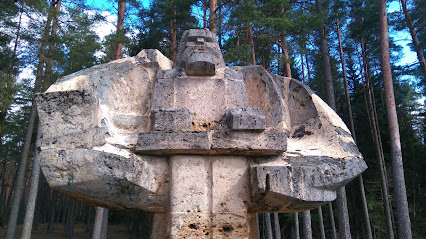
Valga Romuring
Explore Valga Romuring - a cultural gem in Valga County, showcasing stunning architecture and rich local history.
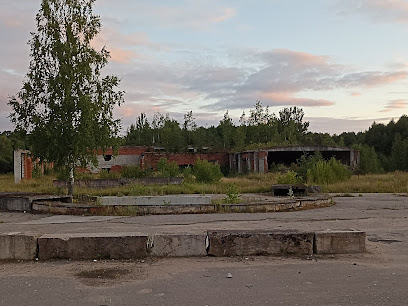
Essential places to dine
Valga Rimi super
Experience the best of local flavors at Valga Rimi Super, where shopping meets delicious dining options in the heart of Estonia.
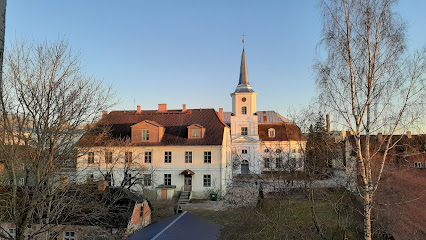
Ugandi Resto
Discover the flavors of Estonia at Ugandi Resto in Otepää - where every meal tells a story.
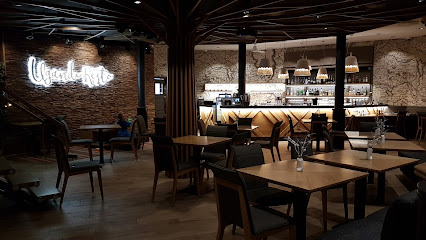
Kohvik Läti Saatkond
Discover the authentic taste of Estonian barbecue at Kohvik Läti Saatkond in Tõrva – where tradition meets flavor!
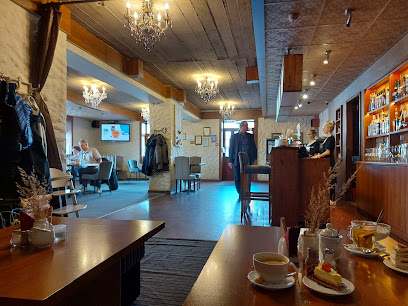
Valga Voorimees OÜ
Experience authentic Estonian cuisine at Valga Voorimees OÜ - where every meal tells a story.
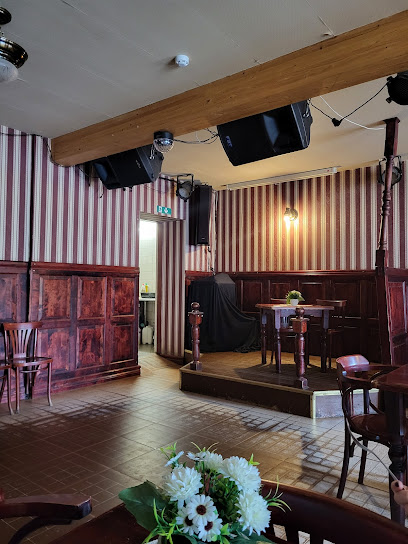
Lilli
Experience the rich flavors of Estonian cuisine at Lilli Restaurant in Valga - where every dish tells a story.
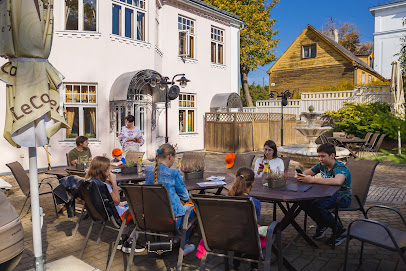
Otepää Grill & Pub
Experience authentic Estonian flavors at Otepää Grill & Pub, where every meal tells a story in a welcoming atmosphere.
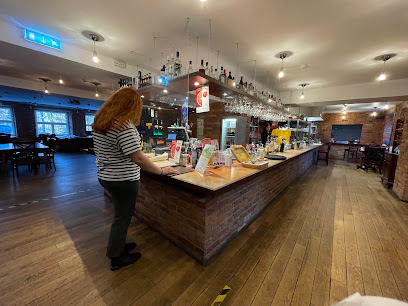
Bistro Rozmarīns
Experience authentic Latvian flavors at Bistro Rozmarīns in Valkas Pilsēta—where tradition meets taste in a cozy setting.
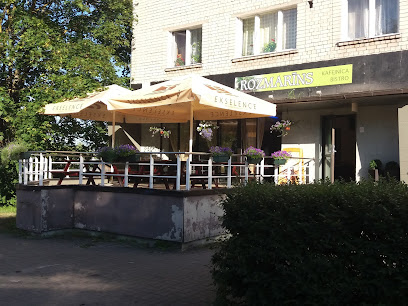
Metsis hotell
Experience the perfect blend of comfort and local cuisine at Metsis Hotel in Valga – your gateway to relaxation and exploration.
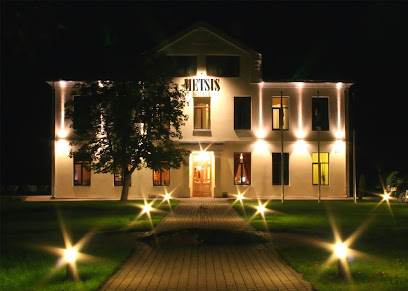
Riia Kohvik
Discover the irresistible charm of Riia Kohvik in Valga County - where every pizza tells a story!
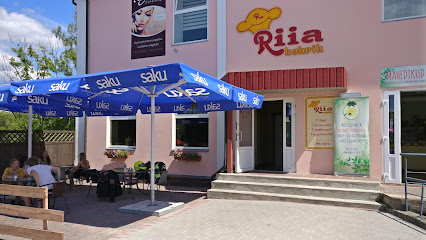
Vidrike Külamaja
Experience authentic Italian cuisine at Vidrike Külamaja in Valga County – where every meal is a celebration of flavor.
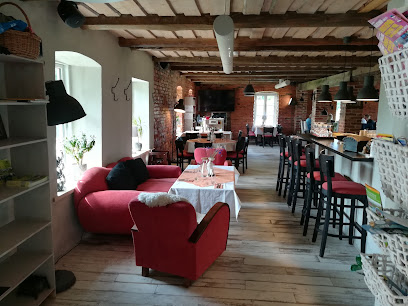
Hesburger
Savor delicious burgers and crispy fries at Hesburger in Valga - the perfect stop for fast food lovers.
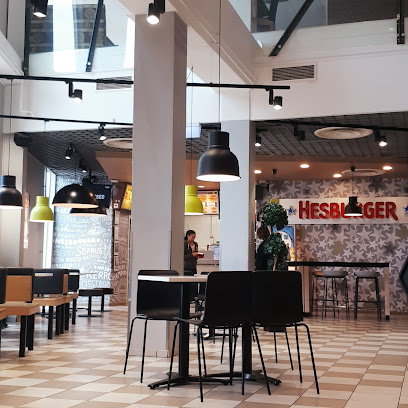
GMP Pühajärve restoran
Experience exquisite Estonian cuisine at GMP Pühajärve Restaurant in Otepää, where every meal is paired with breathtaking lake views.
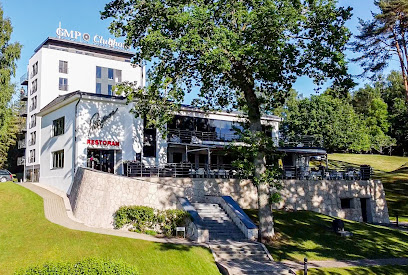
Edgari Trahter
Experience authentic Estonian cuisine at Edgari Trahter in Otepää - where tradition meets taste in every dish.
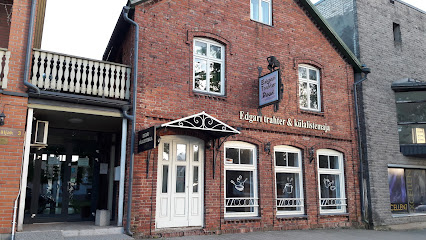
Walk Cafe
Discover the charm of Walk Cafe in Valka – where local flavors meet cozy ambiance in every delightful dish.
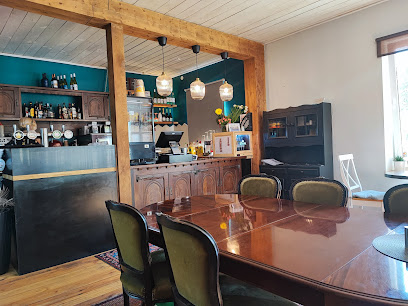
Villa Müllerbeck
Discover culinary excellence at Villa Müllerbeck in Otepää—where traditional Estonian flavors meet modern dining in a stunning setting.
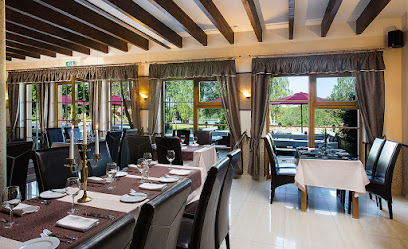
Markets, malls and hidden boutiques
Selver
Explore Valga's Selver Supermarket for local flavors, fresh produce, and a delightful shopping experience in Estonia.
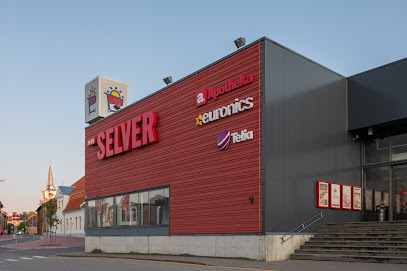
Siili keskus
Discover Siili Keskus, Valga's premier shopping destination, where retail therapy meets delightful dining and vibrant local culture.
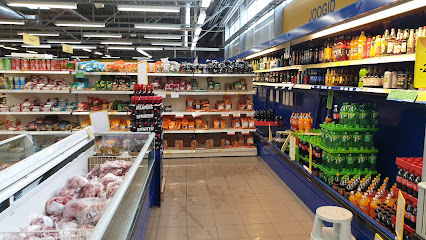
Magaziin
Explore Magaziin in Valga, Estonia for a unique selection of home goods and local souvenirs that capture the spirit of the region.
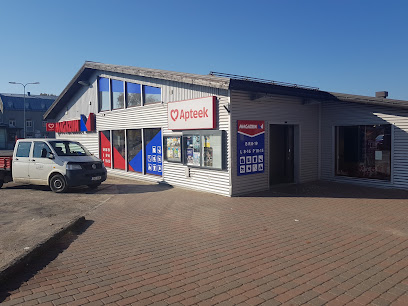
A1000 Market Valga
Explore A1000 Market Valga for fresh produce, local delicacies, and a taste of Estonian culture in the heart of Valga.
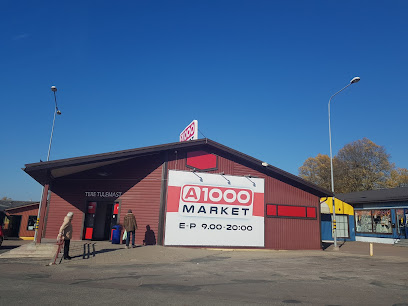
Valga Shopping Center
Explore Valga Shopping Center, a vibrant hub of shopping, dining, and entertainment in the heart of Valga, Estonia.
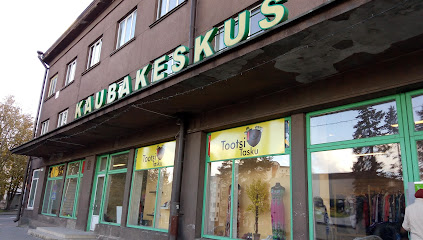
Kukemarket
Explore Kukemarket in Valga for a vibrant selection of local produce, international goods, and a taste of Estonian culture.
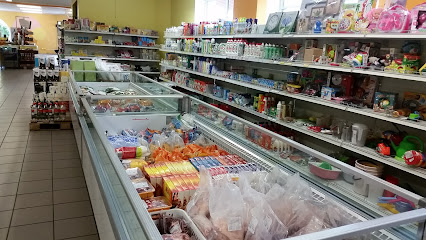
Valga Humana
Explore Valga Humana, your go-to clothing store in Valga for fashionable attire and unique souvenirs that reflect Estonian style.
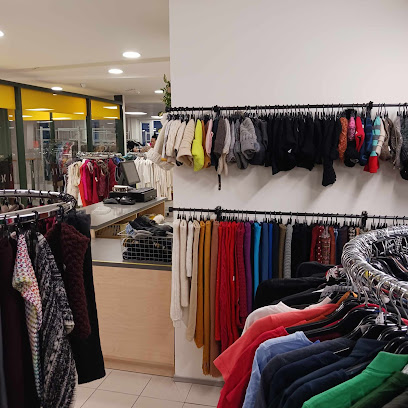
Coop Selvehall
Experience the vibrant culture of Valga at Coop Selvehall, your one-stop shop for local delights and unforgettable souvenirs.
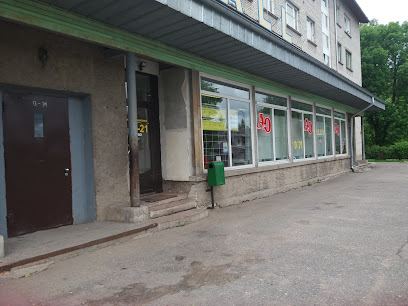
Coop Võru
Explore unique local flavors and delightful shopping at Coop Võru, a hub of Estonian culture in Valga County.
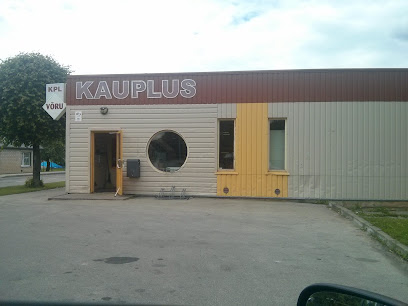
Valga Konsum
Explore Valga Konsum for a unique shopping experience filled with local flavors, fresh produce, and delightful treats in the heart of Valga.
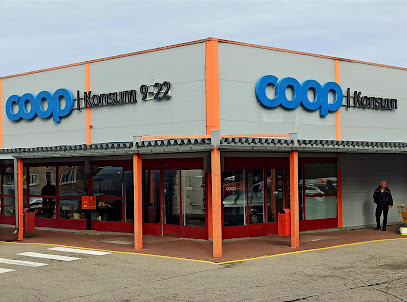
Tootsi Tasku
Explore Tootsi Tasku, Valga's beloved second-hand store filled with unique vintage finds and sustainable shopping experiences.
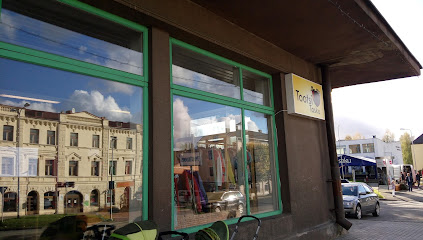
Valga Euronics Express
Explore Valga Euronics Express: Your one-stop shop for electronics in Valga, Estonia, offering top brands and excellent customer service.
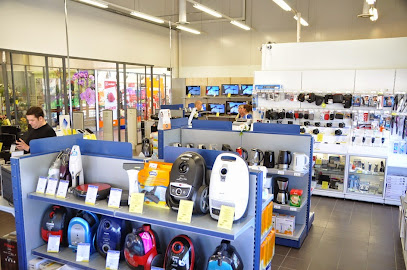
Coop Sõprus
Discover the heart of Valga at Coop Sõprus, where local flavors and friendly service await every tourist.
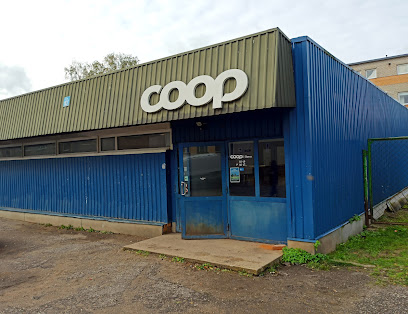
Petseri pood
Discover the essence of Estonian culture at Petseri Pood, Valga's charming store for unique souvenirs and local delicacies.
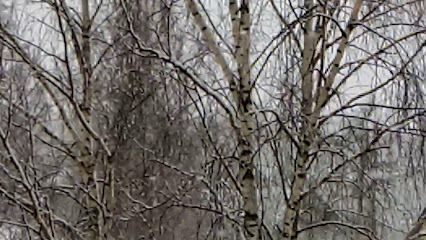
Sõbralt Sõbrale Valga
Explore the charm of second-hand shopping at Sõbralt Sõbrale Valga, where every item tells a story and sustainability meets style.
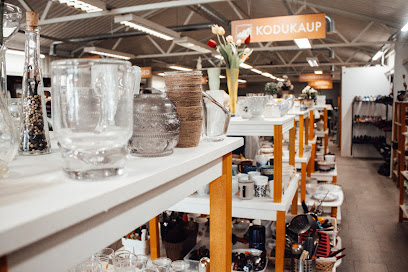
Essential bars & hidden hideouts
Valga Rimi super
Explore Valga's flavors at Rimi Super, your one-stop grocery and pizza takeaway destination in Estonia's charming town.
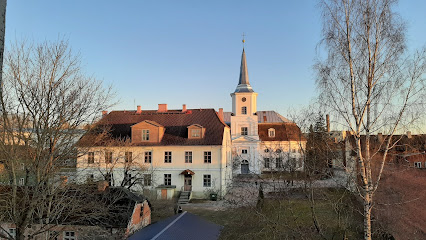
Valga Voorimees OÜ
Discover Valga's culinary treasure at Valga Voorimees OÜ, where authentic Estonian cuisine meets warm hospitality in a cozy setting.
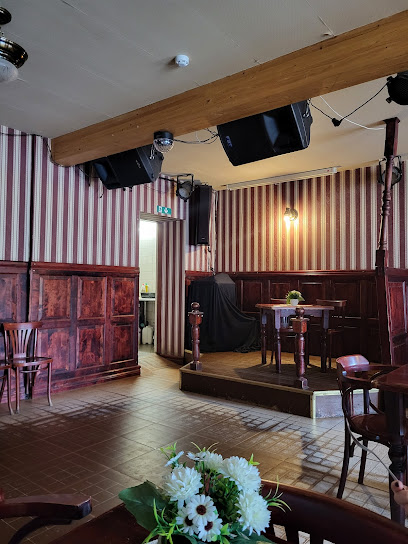
Lilli
Discover Lilli in Valga, where local flavors meet a cozy atmosphere for an unforgettable dining experience.
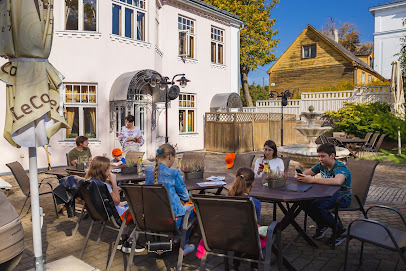
Otepää Grill & Pub
Discover the vibrant culinary scene at Otepää Grill & Pub, where delicious grilled dishes meet a cozy, inviting atmosphere in the heart of Otepää.
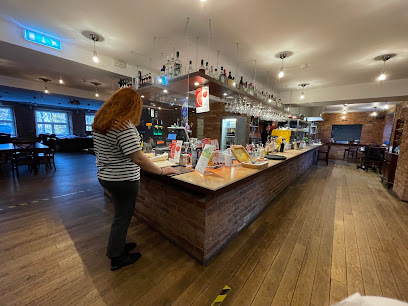
Tammi baar
Discover the charm of Valga at Tammi Baar, a cozy bar perfect for enjoying local drinks and mingling with friendly locals.
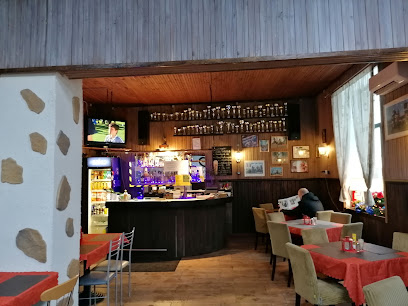
conspirator OÜ
Experience the local vibe at Conspirator OÜ, a cozy bar in Valga offering diverse drinks, friendly service, and a vibrant atmosphere.
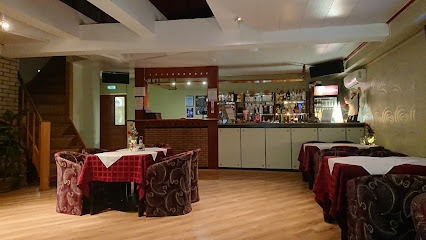
Metsis hotell
Experience the perfect blend of comfort and exquisite cuisine at Metsis Hotel in Valga, Estonia, your ideal retreat.
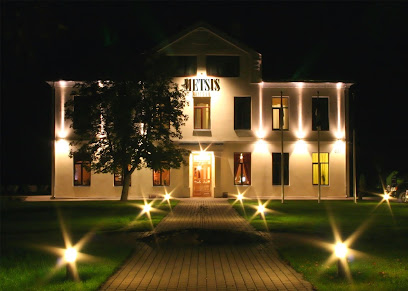
Riia Kohvik
Discover Riia Kohvik: A delightful pizza haven in Valga County, serving authentic flavors in a cozy setting perfect for all travelers.
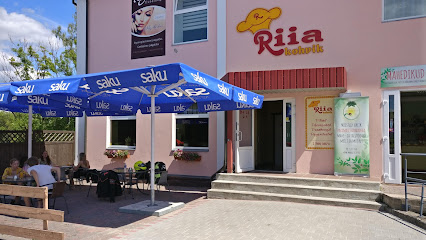
Kohvik Johanna
Discover Kohvik Johanna, a charming café in Valga, Estonia, offering exquisite coffee and delicious pastries in a cozy atmosphere.
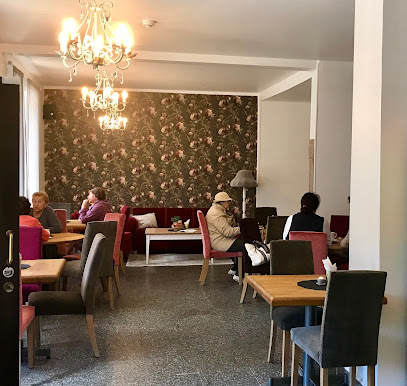
Walk Cafe
Discover the delightful flavors of Latvia at Walk Cafe, where traditional cuisine meets a cozy atmosphere in the heart of Valkas.
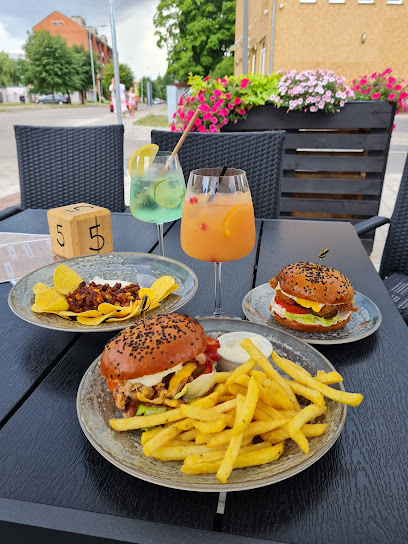
Sinel
Discover Sinel, Valga's favorite restaurant, where authentic Estonian flavors and a cozy atmosphere create a memorable dining experience for all.
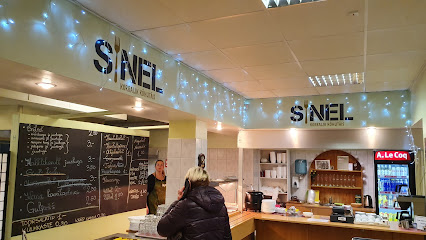
Baar Horan
Experience the lively charm of Baar Horan, a must-visit bar in Valga, Estonia, offering a variety of drinks and a taste of local culture.
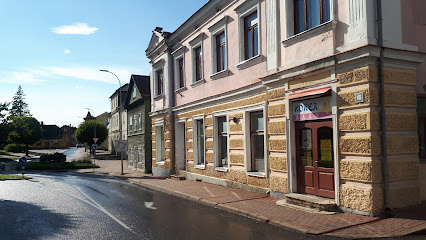
Hillar Kelti Tamme Äri
Experience the heart of Otepää at Hillar Kelti Tamme Äri, a cozy bar offering local drinks and light bites in a friendly atmosphere.
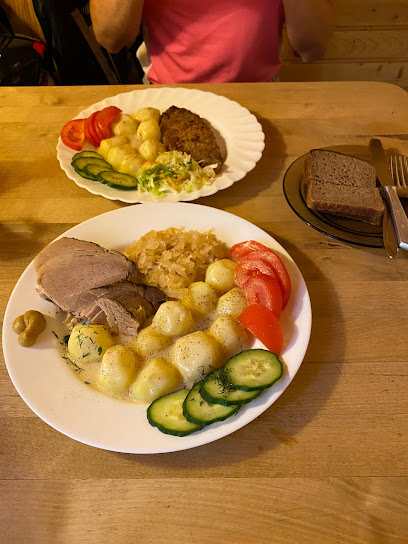
Anti Bar
Experience the cozy atmosphere and local flavors at Anti Bar, a charming destination in Tsirguliina, Valga County.
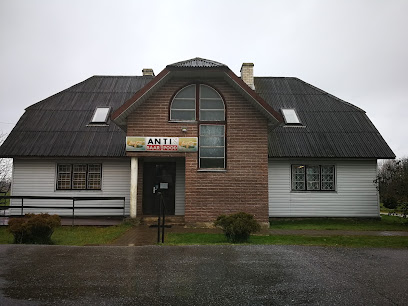
Local Phrases
-
- HelloTere
[teh-reh] - GoodbyeHead aega
[heh-ahd ah-eh-gah] - YesJah
[yah] - NoEi
[ay] - Please/You're welcomePalun
[pah-loon] - Thank youAitäh
[eye-tah] - Excuse me/SorryVabandust
[vah-bahn-doost] - How are you?Kuidas sul läheb?
[kwee-dahs sool lay-heb] - Fine. And you?Hästi. Ja sinul?
[hae-stee yah see-noohl] - Do you speak English?Kas te räägite inglise keelt?
[kahs teh rah-gee-teh eeng-lee-seh kehlt] - I don't understandMa ei saa aru
[mah ay sah ah-roo]
- HelloTere
-
- I'd like to see the menu, pleaseMa sooviksin menüüd näha, palun
[mah soh-veek-seen meh-nooood nah-hah pah-loon] - I don't eat meatMa ei söö liha
[mah ay suh leeh-hah] - Cheers!Terviseks!
[tehr-vee-sehks] - I would like to pay, pleaseMa sooviksin maksta, palun
[mah soh-veek-seen mahks-tah pah-loon]
- I'd like to see the menu, pleaseMa sooviksin menüüd näha, palun
-
- Help!Appi!
[ahp-pee] - Go away!Mine minema!
[mee-neh mee-neh-mah] - Call the Police!Helistage politseile!
[heh-lee-stah-geh poh-lee-tseh-ee-leh] - Call a doctor!Helistage arstile!
[heh-lee-stah-geh ahr-stee-leh] - I'm lostMa olen eksinud
[mah oh-lehn ehk-see-nood] - I'm illMa olen haige
[mah oh-lehn hah-ee-geh]
- Help!Appi!
-
- I'd like to buy...Ma tahaksin osta...
[mah tah-hahk-seen oh-stah] - I'm just lookingMa lihtsalt vaatan
[mah leekh-tsalt vah-tahn] - How much is it?Kui palju see maksab?
[kwee pahl-yoo seh mahk-sahb] - That's too expensiveSee on liiga kallis
[seh ohn lee-gah kah-lees] - Can you lower the price?Kas saate hinda alandada?
[kahs sah-teh hin-dah ah-lahn-dah-dah]
- I'd like to buy...Ma tahaksin osta...
-
- What time is it?Mis kell on?
[mees kell ohn] - It's one o'clockOn üks
[ohn yks] - Half past (10)Pool (10)
[pohl] - MorningHommik
[hohm-meek] - AfternoonPärastlõuna
[pah-rahs-tloh-nah] - EveningÕhtu
[ohk-too] - YesterdayEile
[eh-leh] - TodayTäna
[tah-nah] - TomorrowHomme
[hohm-meh] - 1Üks
[yks] - 2Kaks
[kahks] - 3Kolm
[kohlm] - 4Neli
[neh-lee] - 5Viis
[vees] - 6Kuus
[koos] - 7Seitse
[sayt-seh] - 8Kaheksa
[kah-hehk-sah] - 9Üheksa
[y-hehk-sah] - 10Kümme
[kooh-meh]
- What time is it?Mis kell on?
-
- Where's a/the...?Kus on...?
[koos ohn] - What's the address?Mis on aadress?
[mees ohn ah-ah-dress] - Can you show me (on the map)?Kas saate näidata mulle (kaardil)?
[kahs sah-teh nah-ee-tah mool-leh kaahr-deel] - When's the next (bus)?Millal on järgmine (buss)?
[meel-lahl ohn yairg-mee-neh booss] - A ticket (to ....)Pilet (....le)
[pee-leht leh]
- Where's a/the...?Kus on...?
History of Valga
-
Valga, located on the border between Estonia and Latvia, has a rich history dating back to at least the 13th century. The area was initially part of the Livonian Order, a branch of the Teutonic Knights, who established a stronghold in the region. Throughout the medieval period, Valga developed as a strategic military and trading post due to its advantageous position at the crossroads of important trade routes.
-
One of the most unique aspects of Valga’s history is its division between two countries. Following the Treaty of Riga in 1920, the town was split between Estonia and Latvia, creating Valga in Estonia and Valka in Latvia. This division has shaped the town's cultural and social fabric, fostering a unique blend of Estonian and Latvian influences. The border runs through the center of the town, where shared facilities and cooperation remain a testament to the town’s intertwined history.
-
World War II brought significant turmoil to Valga, as it did to much of Eastern Europe. The town was occupied by both Nazi Germany and the Soviet Union during the war, leading to widespread destruction and hardship. After the war, Valga became part of the Estonian SSR within the Soviet Union. The Soviet era saw major industrial developments and the construction of new infrastructure, but also brought repression and control from Moscow. The legacy of this period is still visible in the town's architecture and culture.
-
The collapse of the Soviet Union in 1991 marked a new chapter for Valga. Estonia regained its independence, and Valga underwent significant changes as the country transitioned to a market economy and democratic governance. EU membership in 2004 further integrated Valga into the broader European community. Today, Valga is a vibrant town that celebrates its rich history while looking towards the future. The town’s annual ‘Valga-Valka Twin Town’ festival is a celebration of its unique cross-border heritage and cooperation.
-
Valga is home to several cultural and historical landmarks that reflect its diverse past. The Valga Museum offers a comprehensive overview of the town’s history, from ancient times through the Soviet era to the present day. The St. John’s Church, dating back to the 13th century, is one of the oldest buildings in the town and a fine example of Gothic architecture. Additionally, the restored military barracks and monuments commemorate the town’s strategic importance over the centuries. Visitors can also explore the unique border marker that symbolizes the division and unity of Valga-Valka.
Valga Essentials
-
Valga is located in southern Estonia, near the Latvian border. The nearest international airport is Tartu Airport, approximately 80 kilometers away. From Tartu, you can take a bus or train to Valga, with the journey typically taking around 1.5 to 2 hours. Alternatively, you can fly into Riga International Airport in Latvia, which is about 150 kilometers from Valga. From Riga, buses and trains are available to Valga, with a travel time of around 2 to 3 hours.
-
Valga is a small town, and many attractions are within walking distance. For longer trips, local buses and taxis are readily available and relatively inexpensive. Valga also has a train station with connections to Tartu and Riga, making it convenient for regional travel. Renting a car is another option for exploring the surrounding areas at your own pace.
-
The official currency in Estonia is the Euro (EUR). Credit cards are widely accepted in hotels, restaurants, and shops in Valga. However, it is advisable to carry some cash for smaller establishments and rural areas. ATMs are available throughout the town, making it easy to withdraw cash if needed.
-
Valga is generally a safe destination for tourists. However, like any travel destination, it is advisable to take standard precautions. Avoid walking alone at night in unfamiliar areas and keep an eye on your belongings in crowded places. There are no specific high-crime areas targeting tourists, but it is always best to stay vigilant and aware of your surroundings.
-
In case of emergency, dial 112 for immediate assistance, which is the general emergency number in Estonia. The local police station and medical facilities are available in Valga. It is recommended to have travel insurance that covers medical emergencies. For minor health issues, there are pharmacies in the town where you can purchase over-the-counter medications.
-
Fashion: Do dress casually but neatly. Avoid overly revealing clothing, especially when visiting religious sites. Religion: Do respect local customs and traditions. Public Transport: Do be respectful and give up your seat to elderly passengers. Don’t eat or drink on public transport. Greetings: Do greet people with a handshake. Eating & Drinking: Do try local delicacies and accept food offerings graciously. Don't refuse hospitality, as it is considered impolite.
-
To experience Valga like a local, visit the Valga Museum to learn about the town's history. Engage with locals, as they are often friendly and willing to share stories about the area. Don’t miss the Valga-Valka twin town experience, where you can walk between Estonia and Latvia seamlessly. For a unique experience, explore the nature trails in the nearby Taheva Nature Park.
Nearby Cities to Valga
-
Things To Do in Võru
-
Things To Do in Viljandi
-
Things To Do in Cesis
-
Things To Do in Tartu
-
Things To Do in Sigulda
-
Things To Do in Pärnu
-
Things To Do in Paide
-
Things To Do in Riga
-
Things To Do in Rapla
-
Things To Do in Jurmala
-
Things To Do in Rakvere
-
Things To Do in Jõhvi
-
Things To Do in Haapsalu
-
Things To Do in Tallinn
-
Things To Do in Daugavpils









